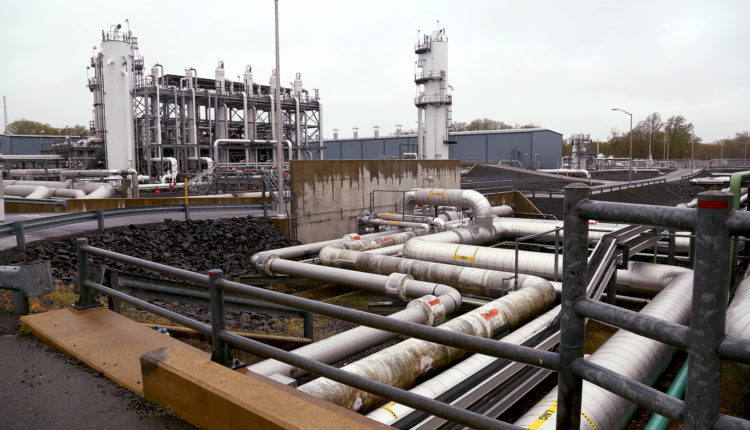Gas sector becoming a fiscal burden, IES warns
Energy policy think tank Institute for Energy Security says the natural gas sub-sector is rapidly becoming a fiscal burden to the country due to poor energy strategies as well as delay in building relevant infrastructure to off-take processed domestic gas.
The institute in an analysis said government’s poor handling of the sub-sector is greatly contributing to the rising energy sector debt while threatening the sustainability of the entire energy industry.
According to the think tank, while the petroleum industry has continued to attract investments into exploration and producing fields, leading to increases in natural gas production, the bottlenecks in the off-take of gas are imposing costs on the country.
In 2020, gas production from the Jubilee, Tweneboah-Enyera-Ntomme (TEN) and Sankofa-Gye-Nyame (SGN) fields increased by approximately 60 percent over the volume produced in 2019 and was the highest recorded since 2010.
The cumulative raw gas production (associated and non-associated gas) in the first half of 2020 stood at 116,373.39 million standard cubic (MMscf) and reached close to 240,000 MMscf at end-2020.
A PIAC report revealed that raw gas exported to Ghana National Gas Company (GNGC) from the three producing fields during the first half of 2020 was 41,314 MMscf. However, the IES said the exported gas represented just 35.5 percent of produced gas, compared with reinjected gas of 59,101 MMscf, constituting 50.8 percent of produced gas.
It said the total gas flared during the first half of 2020 was 9,600 MMscf, representing 8.2 percent of total gas produced.
This, the institute said, shows re-injected and flared gas as constituting a significant portion of the total gas produced from the three fields.
“It is therefore clear that the country has failed to make optimal use of its natural gas resource, hence the excess,” the IES said.
It said in 2019, for instance, the volume of gas utilised by power generators and industries was just 82,125 MMscf, compared with 169,509 MMscf of total associated and non-associated gas produced.
“Until the issue with excess natural gas is addressed, the GNPC would continue to be financially exposed due to the take-or-play clauses in gas contracts. In 2019, the GNPC had to pay a whopping US$168m for gas unutilised. The attendant revenue losses being borne by the GNPC will negatively affect its goal of becoming a stand-alone operator,” the IES cautioned.
It said government must as a matter of urgency stimulate relevant gas infrastructural projects to resolve the issue of unutilised domestic natural gas.
“Beyond the use of natural gas by power generators, the commodity must be made more accessible to industries by building relevant infrastructure. There must be a radical shift of government’s priorities in the gas sub-sector, going back to the fundamental analysis of the strategic issues to address the demand-supply imbalances,” the think tank said.



